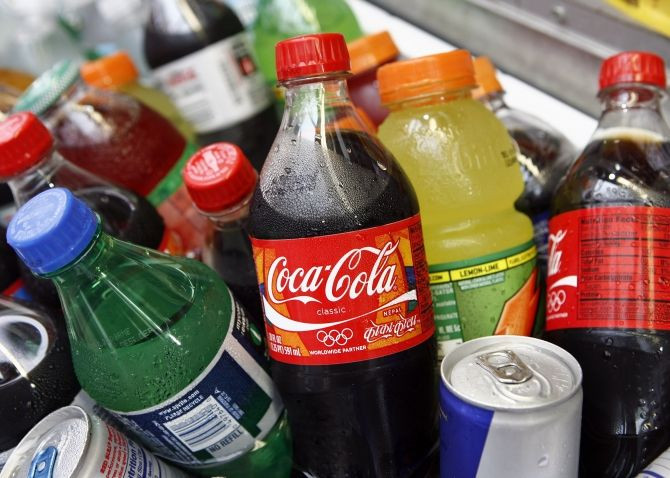Soda Companies Are Trying to Create 'Healthy' Soda to Silence Critics

Soda companies have received a backlash from all sides in recent weeks – from New York City’s soda ban to questioning of Coca Cola’s sponsorship of the Olympics. Sales of soda have been slumping, perhaps in part to the bad publicity. Soda manufacturers hope that, if they reach this trifecta – no aftertaste, no calories, no artificial sweeteners – they will reverse sagging sales and silence criticism about their potential part in the obesity epidemic.
In all likelihood, success is years away. The source of its sweet taste is also what causes drinkers to pack on weight – high-fructose corn syrup.
In addition, while the American Heart Association has given a tepid endorsement of artificial sweeteners, consumers remain concerned about possible health risks. “I think they’re good for diabetic people, but I don’t think the average person should be using them because they give you cancer,” Mansi Shah, a graduate student at Colorado State University-Fort Collins, said to Medical Daily. “I think I’ve read too that Diet Coke can cause people to gain more weight, because Diet Coke has addictive properties and people think that they can eat more because it’s a diet soda. You should just drink a normal soda.”
And while people seem to be less apprehensive about natural plant-based sweeteners, like Stevia, soda manufacturers have not yet been able to mask the metallic aftertaste.
But soda manufacturers are pressing on. Many feel that they play an important role in the global obesity epidemic. More than 500 million people are obese worldwide; over 1 billion people are overweight, and that number is only set to increase. This publicity nightmare is coupled with people’s growing preference for flavored waters and sports drinks. And, as more Americans are concerned about obesity than smoking, it is easy to see why soda manufacturers are not content to simply sit on their hands.
While New York City’s ban on sodas larger than 16 ounces has been unpopular in the media and the public, Cambridge, Massachusetts has proposed a similar ban. Richmond, California has proposed a soda tax.
While soda companies’ efforts might seem impossible, some experts think that a soda that has all three properties will be on the market within 10 years. Mike Jacobson, from the Center for Science in the Public Interest, said that in a decade, the market for sodas will look completely different than it does now.



























